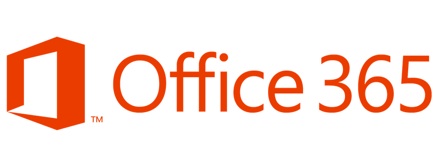When it comes to productivity apps, Office is still clearly the market leader, and Microsoft is now also quickly iterating on its online apps for Office. When it comes to its competition with Google’s online productivity apps, though, it’s hard to figure out if Microsoft is feeling superior or threatened (or a bit of both). Earlier today, I talked to Michael Atalla, the director of product marketing for Office 365 at Microsoft. In his view, Google doesn’t really get how businesses use productivity apps.
Businesses, Atalla told me, are looking to find the right mix of tools from companies they trust. He believes Microsoft has the “broadest vision of productivity” that includes everything from the basic Office tools like Word, Excel and PowerPoint, to database servers, Skype and Lync for connectivity and real-time presence indicators, and support for multiple platforms.
Productivity, he said, “is more than just working in the browser” (a clear nod in Google’s direction), because organizations also want security policies, the ability to work with data on-premise and off-premise, and a full set of business-focused capabilities (including business analytics, for example) — some of which can’t yet be replicated in a browser or just aren’t part of the standard online productivity suites yet.
He also noted that while Google provides businesses and consumers with the same set of tools, “one size doesn’t fit all.” And while Microsoft “deeply understands that businesses need capabilities that go beyond consumer needs,” he clearly implied that Google doesn’t. Google’s focus, he somewhat jokingly added, seems to be on Glass and not on the productivity apps on Drive.
Google’s I/O developer conference will kick off next Wednesday, and chances are the company will announce at least a few updates to its productivity suite. Its acquisition of QuickOffice has given Google access to better technologies to provide Office users with the kind of high-document fidelity that only the Office Web Apps currently offer online.
I can’t help but think that Microsoft is trying to preempt some of these announcements with the release of its Office Web Apps roadmap earlier this week and its overall publicity campaign around productivity (and it’s somewhat infamous Scroogled campaign).

